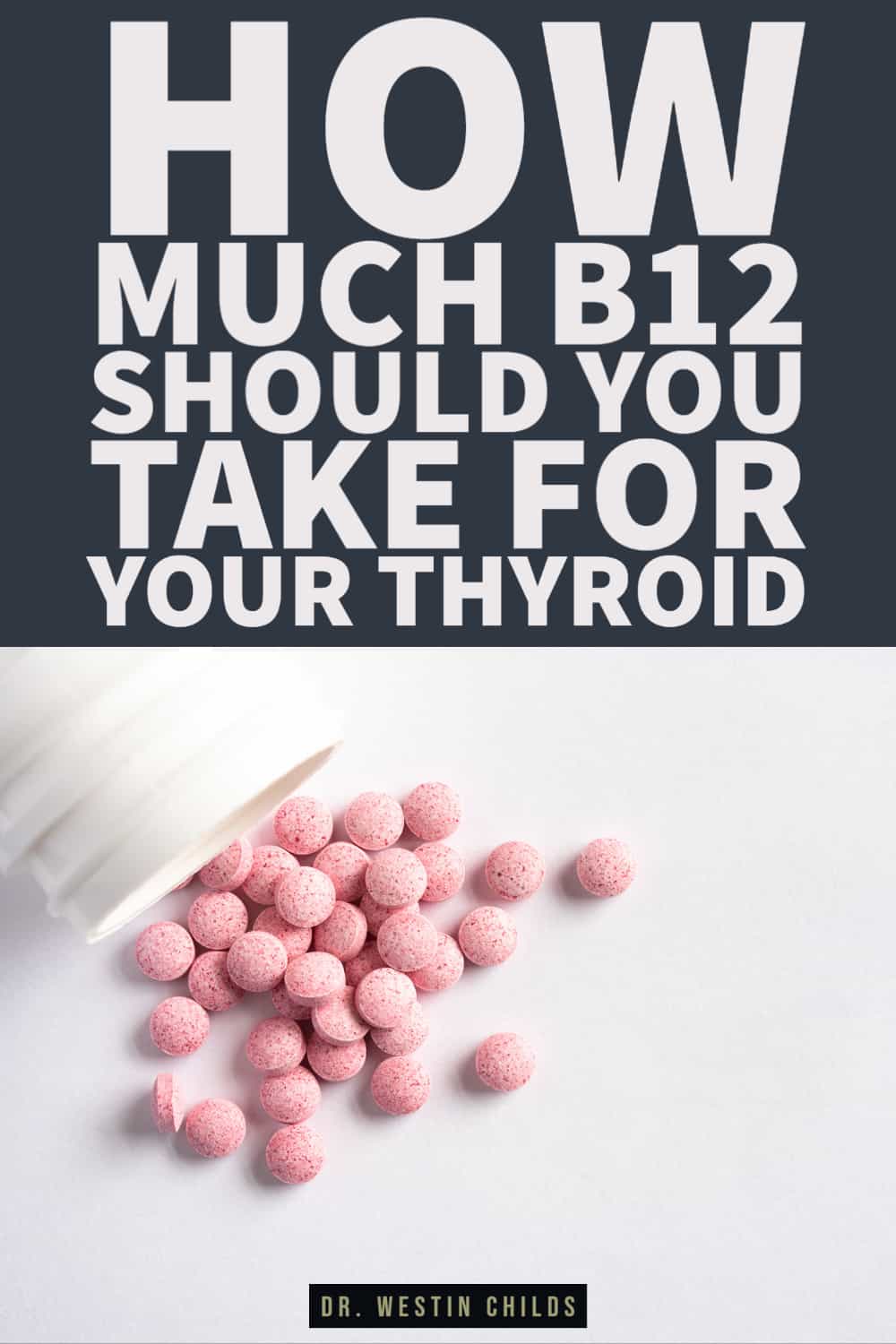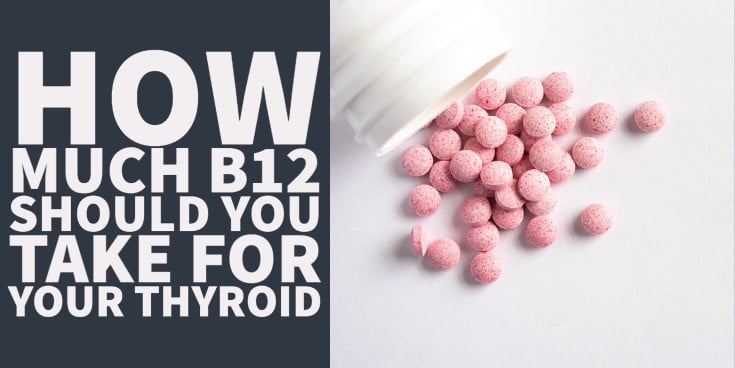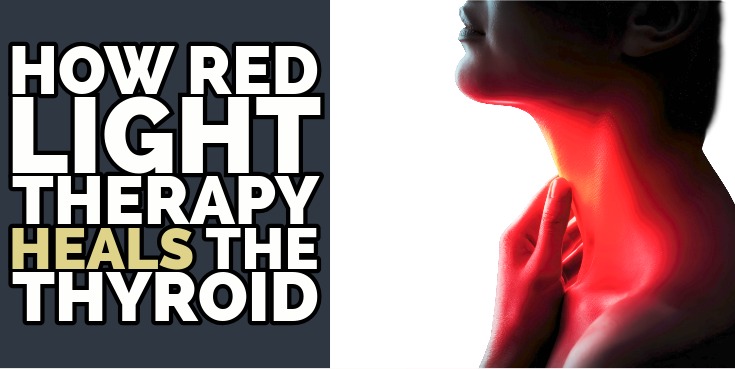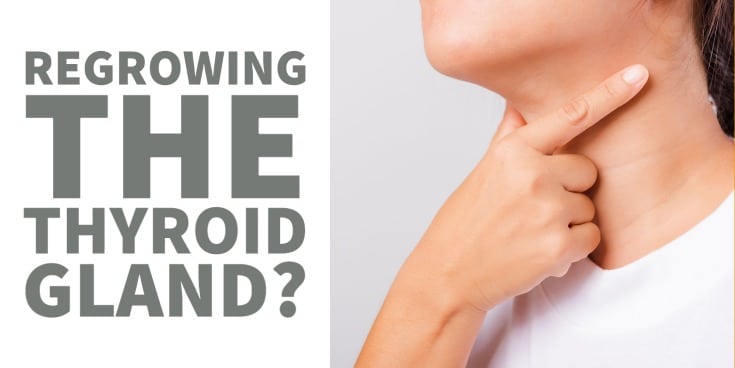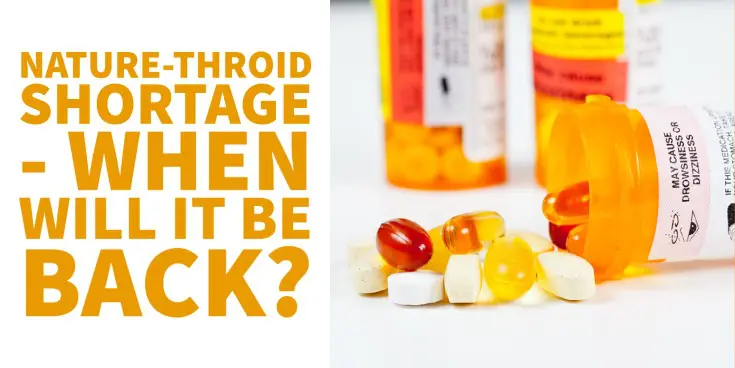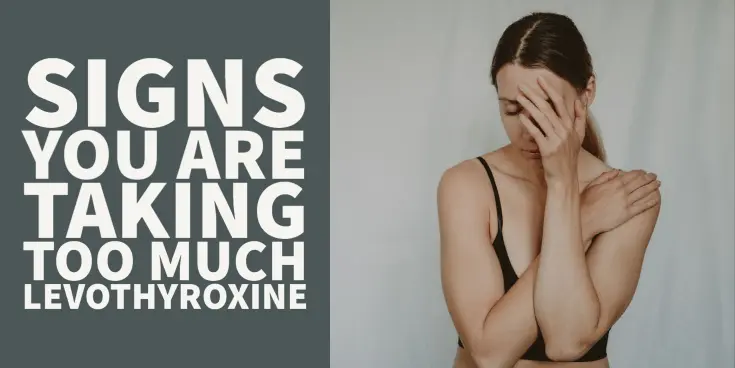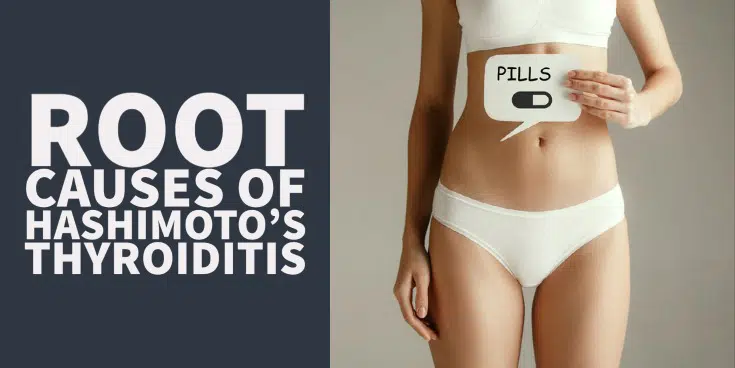The Relationship Between Your Thyroid and Vitamin B12 Status
Would it surprise you to know that a great many thyroid patients are vitamin B12 deficient?
Or that the symptoms of vitamin B12 deficiency can closely mimic hypothyroidism?
The truth is that any thyroid patient who suffers from LOW thyroid (including those with hypothyroidism, Hashimoto’s, those who are post-RAI, and post thyroidectomy) is at increased risk for Vitamin B12 deficiency.
This deficiency is so common that I recommend using B12 for almost all hypothyroid patients regardless of what your labs show.
In fact, studies show that as many as 40% of ALL thyroid patients have this deficiency (1).
But how much should you take? If you don’t take enough then it won’t do you any good.
What type of B12 formulation should you use? If you aren’t using the right kind of activated B12 then it may not help you.
How should you go about getting the B12 into your body? Sublingually, orally, or via injections?
Today we are going to answer all of these questions and more.
Let’s jump in:
B12 Deficiency is More Common Than You Think
Why is vitamin B12 deficiency so common among thyroid patients?
It’s actually quite simple.
Your thyroid helps to regulate important aspects of intestinal function including intestinal motility (how frequently your bowels are moving) and how much acid your stomach produces (via their impact on specific cells in the stomach).
If you suffer from low thyroid (again, from any of the causes listed above) then 2 important things will occur:
#1. Your stomach will not produce sufficient stomach acid.
And #2. Intestinal motility will slow down (2).
If your stomach is not producing enough stomach acid then you will have a problem not only with the digestion of your food but also with the absorption of certain nutrients, chiefly vitamin B12.
It turns out that your stomach actually NEEDS to produce acid for these things to occur.
And conditions that lead to low stomach acid also lead to a myriad of nutrient deficiencies, including B12 deficiency.
But that’s not all.
Low stomach acid also contributes to changes in your gut bacteria (3) (microflora).
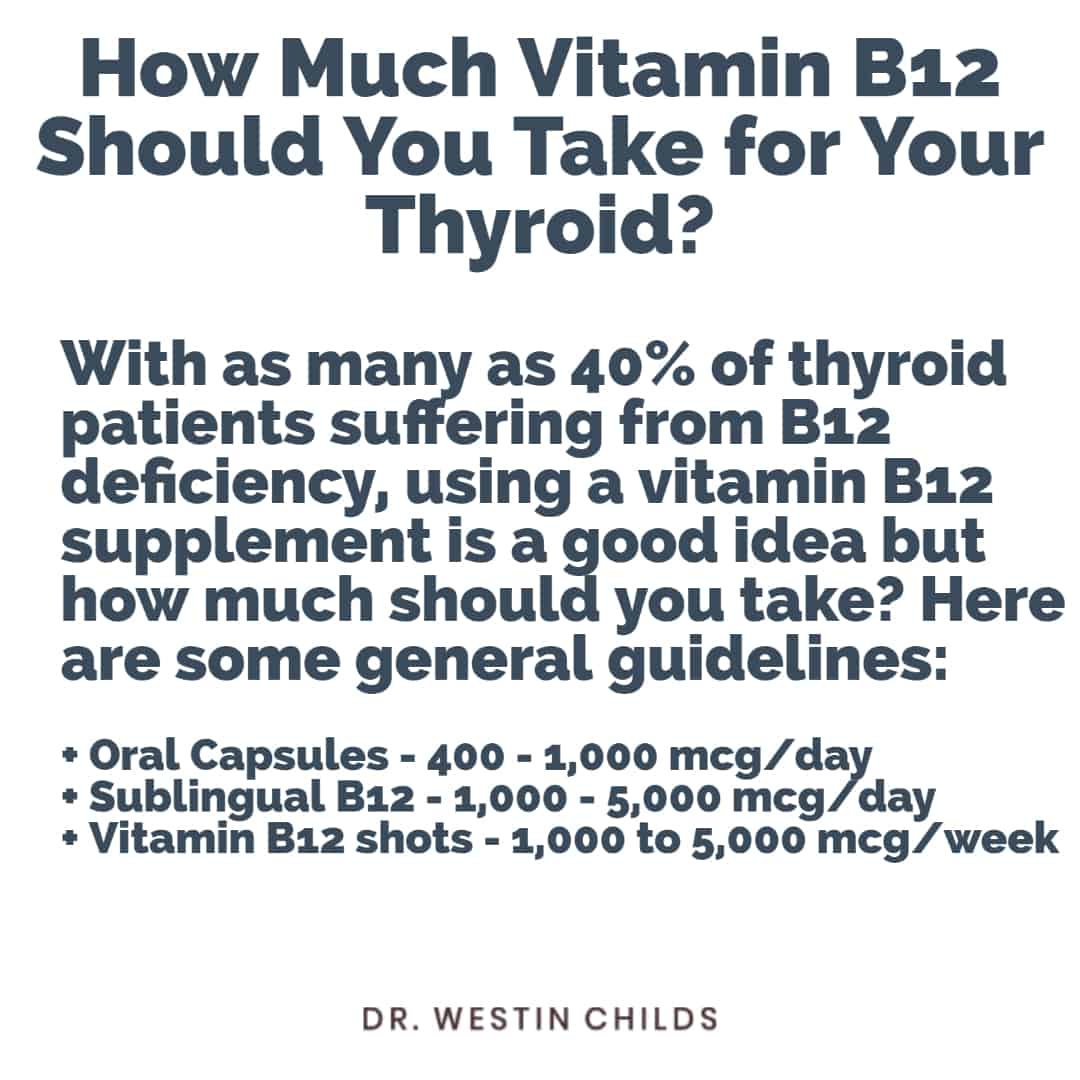
Changes in these levels can alter the absorption of foods AND nutrients as well.
One common intestinal problem that thyroid patients face is small intestinal bacterial overgrowth (known as SIBO).
Those with SIBO have problems with absorption of nutrients, and foods, and often have high levels of inflammation in their gut.
The bottom line?
Low thyroid function sets your body up for vitamin B12 deficiency.
Vitamin B12 Dosing in Thyroid Patients: How Much is Enough?
If you’ve made it here then it should be obvious that using B12 in any low thyroid state is probably a great idea.
If the 40% deficiency figure didn’t help then surely the physiologic information should have.
If you are following me so far then you are probably wondering how much B12 you should be using.
And I wish it was as easy as saying “You should use this much” and calling it a day.
Unfortunately, the devil is in the details.
While I can’t say exactly how much you should be using I can give you some pertinent information that will help guide you.
Important point #1. You can’t really overdo it when taking vitamin B12.
In other words, there’s really no such thing as overdosing on vitamin B12 (4).
This may come as a shock to you but vitamin B12 is INCREDIBLY safe.
I can always tell when a doctor has no idea what they are doing when they recommend that a patient stop taking vitamin B12 because their blood level is “high”.
We will talk more about why that makes no sense at all below but you should be aware here that serum B12 testing is very inaccurate and shouldn’t be used to guide dosing.
Furthermore, vitamin B12 is a water-soluble vitamin which means that it is eliminated through your urine (pee).

As long as your kidneys are working then your body will have no problem getting rid of any excess B12 that you may take by mouth.
So don’t be afraid to take moderate to high doses of vitamin B12.
Important point #2. The form of B12 that you take will impact your dose.
Depending on which type of B12 that you use (again, we will talk more about this in a minute) it will affect how much you need to take.
For instance:
If you take your B12 via the sublingual route (under your tongue) or via a shot (injection) you will probably need less than if you take your B12 in a capsule.
This isn’t a hard and fast rule, though, as you will see below.
Important point #3. Consider these dosing guidelines.
Still not sure how much B12 you should be taking?
Let this act as a guideline for you:
- Oral capsules – 400-1,000 mcg per day (if using an isolated B12 supplement)
- Sublingual B12 – 1,000-5,000 mcg per day.
- Vitamin B12 injections – 5,000mcg each week.
This is only a guide!
You may find that you need more or less, depending on several factors including whether or not you are severely B12 deficient or just want a daily maintenance dose.
The Best Form of Vitamin B12 for Hypothyroid Patients
Vitamin B12 can come in many different forms and they are not all created equal.
If you have no idea what I mean by B12 formulation, let me explain:
The actual B12 component of Vitamin B12 is often bound to another carrier in a supplement form.
This carrier helps the B12 get into your body faster (or slower) depending on which carrier it is bound to.
As you might suspect, some of these carriers are much better than others which means that they will be more easily absorbed and utilized by your body.
If you are a thyroid patient, the last thing you want to do is to use a low-quality formulation of B12 because it will just make it that much harder for it to get into your body (it’s already difficult enough as is).
When using B12 you want to look for pre-methylated or pre-activated formulations of B12.
These formulations are already ACTIVE and do not require any changes once they are absorbed in order to be utilized by the body.
These pre-methylated and pre-activated formulations of B12 are also SAFE to use if you have the MTHFR genetic mutation.
Statistically speaking, as many as 40% of people have this issue whether they are aware or not.
So which forms do you want to use?
These would be considered ‘approved’ B12 forms for thyroid patients:
- Methylcobalamin
- Hydroxycobalamin (5)
- Adenosylcobalamin (6)
What types of B12 should you avoid? Well, anything that isn’t listed above but do keep a watchful eye out for this type of B12:
- Cyanocobalamin
Cyanocobalamin requires activation by the body and is not as readily available as the other forms listed above.
In addition, when cyanocobalamin is metabolized it will form cyanide which must be eliminated by the body.
The cyanide produced from the metabolism of cyanocobalamin is not lethal but it will still require effort and energy by the body to get rid of it.
Why would you take a form of B12 that creates a potential metabolite that can cause problems when other versions do not?
Cyanocobalamin is the cheapest form of B12 so you will frequently find it in cheap supplements where manufacturers are trying to cut costs.
If you are already taking a B12 supplement then go grab your bottle and see what kind of B12 you are taking.
Believe it or not, what type of formulation of B12 you take can make a big difference so do not neglect this step!
The more activated and bioavailable forms of vitamin B12 tend to be more expensive but they are worth the extra money, especially for thyroid patients.
Oral B12 vs Sublingual B12 vs B12 Injections
What about the route that you take B12?
In my experience, by far the best way to take B12 for thyroid patients is with injections.
Injections bypass the intestinal tract, where a lot of absorption issues occur, and make their way directly into your muscular tissue where they can then be circulated through your body.
I lost count of the number of thyroid patients that I’ve treated who were taking sublingual or oral B12 only to respond amazingly well to B12 injections.
The main issue with B12 shots or B12 injections is that they can be somewhat difficult to obtain.
In order to get B12 shots, you will need to get a prescription from your doctor.
Also, they tend to be a little bit more on the pricey side.
But the cost is definitely worth it.
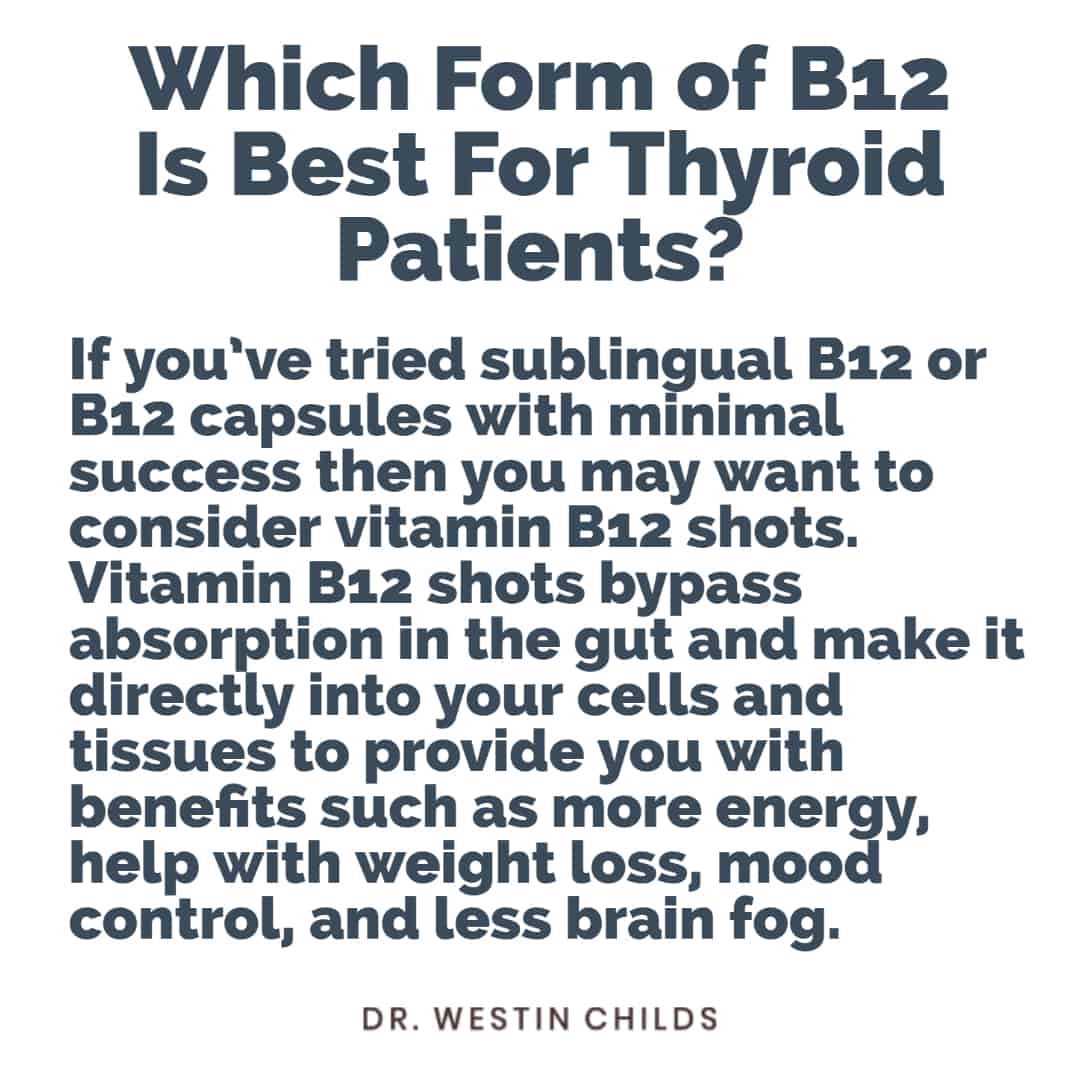
I know that there are studies that show that sublingual B12 is as good as B12 injections (7) but my own experience suggests that this is NOT the case.
If you can’t get B12 shots or injections then you can go with either sublingual B12 or oral B12 as both can still work.
Sublingual is probably slightly better than oral B12 capsules but I don’t think the difference is that huge.
Again, the studies suggest that both sublingual and B12 injections are superior to oral B12 capsules but I personally find B12 shots to be far and away the best.
Signs of B12 Deficiency in Thyroid Patients
How do you know if you are B12 deficient?
The best way is to look at your symptoms.
We will talk about B12 testing in just a second but for now, let’s talk about what type of symptoms you may experience if your B12 levels are low.
I mentioned previously that the symptoms of B12 deficiency can mimic hypothyroid symptoms which can make the diagnosis hard to spot.
This is one of the many reasons I often recommend that thyroid patients just supplement with B12 in almost every case.
But if you want to look for the symptoms then see this list below…
Signs of B12 deficiency include:
- Fatigue or low-energy
- Hair loss
- Weight gain
- Brain fog
- Depression
- Numbness/tingling
- Tongue changes
- Constipation
- Heart palpitations
- Anemia
Because many of these symptoms can be masked by a low thyroid many people are tempted to check their serum B12 levels…
Testing for Vitamin B12 Deficiency: Do you Really Need to?
Some people get into the mindset that they must check their labs before using any supplement.
There’s only one problem with this approach:
Lab testing for nutrients is not always accurate.
In fact, lab testing for many nutrients can give you misleading information, especially if you don’t know what you are looking at.
Vitamin B12 testing fits firmly into this category.
The most commonly ordered test for assessing B12 deficiency is known as a serum B12 level.
Unfortunately, this is also the least accurate way to measure vitamin B12 status in your body.
And despite the fact that this is well established in the literature, you wouldn’t know it based on how many doctors continue to order serum B12 levels.
To combat the inaccuracy of the serum B12 test, doctors will sometimes use a test called methylmalonic acid, or MMA for short instead.
This test is more accurate but still misses a large portion of B12 deficiency AND is quite expensive to boot.
It’s actually cheaper to simply purchase a B12 supplement and take it for 2-3 months instead of paying for the price of the MMA test (which is what I recommend).
Testing MMA may make sense in some situations, however, so keep that in mind.
Beyond the serum B12 test and the MMA, there are also other tests that you can order to get a sense of your vitamin B12 status.
These next tests are not specific to diagnosing vitamin B12 deficiency but they do give you a general idea as to whether or not your body is able to utilize B12.
These tests include:
- MCV (mean corpuscular volume)
- Homocysteine
MCV is part of the standard CBC (complete blood count) and it tends to be HIGH when you are B12 deficient.
Likewise, homocysteine is also HIGH if you are B12 deficient.
If you check these labs and see that your MCV is greater than 92 and that your homocysteine is greater than 10.0 there is a HIGH chance that your B12 levels are NOT optimized.
If either or both of these values are over the recommended range then it would be a good idea to supplement with both folate as well as vitamin B12.
Once you’ve done this for 2-3 months you can then recheck your homocysteine and MCV levels to check for improvement.
Any improvement can be thought of as an indirect improvement in your vitamin B12 status.
I prefer to use these tests over the standard serum B12 test and MMA testing because they are easy to get, cheap, and also provide additional information on your overall health.
Final Thoughts
As a thyroid patient, you should be aware that there is a very high chance that you are suffering from vitamin B12 deficiency whether you realize it or not.
Because the incidence of B12 deficiency is so high among thyroid patients I often recommend that every thyroid patient takes a B12 supplement (or at least takes B12 in one or more of their supplements) in some form.
You will find that many of my thyroid-specific supplements contain B vitamins (including B12).
Even just using a B12 supplement for 2-3 months is enough to build back up your stores of B12 to ensure that your thyroid has what it needs.
You will probably NOT need to take a dedicated B12 supplement for a long period of time, but it is a good idea to ensure that you have enough to meet cellular demands.
Lastly, vitamin B12 supplements are incredibly safe even in large doses.
Keep in mind, though, that impaired kidney function may impact how much vitamin B12 you will want to take.
But because most people do not have kidney issues, this usually isn’t something you need to worry about (if you have kidney problems you will know it!).
Now I want to hear from you:
Do you know if you are B12 deficient?
What type of thyroid disease do you have?
Have you tried taking Vitamin B12 in the past? Did it work for you?
Have you tried B12 injections/shots?
Leave your questions or comments below!
Scientific References
#1. https://pubmed.ncbi.nlm.nih.gov/18655403/
#2. https://pubmed.ncbi.nlm.nih.gov/20351569/
#3. https://www.ncbi.nlm.nih.gov/pmc/articles/PMC1183347/
#4. https://www.ncbi.nlm.nih.gov/pmc/articles/PMC3878454/
#5. https://pubmed.ncbi.nlm.nih.gov/6692038/
#6. https://www.ncbi.nlm.nih.gov/pmc/articles/PMC3580769/
#7. https://pubmed.ncbi.nlm.nih.gov/30632091/
